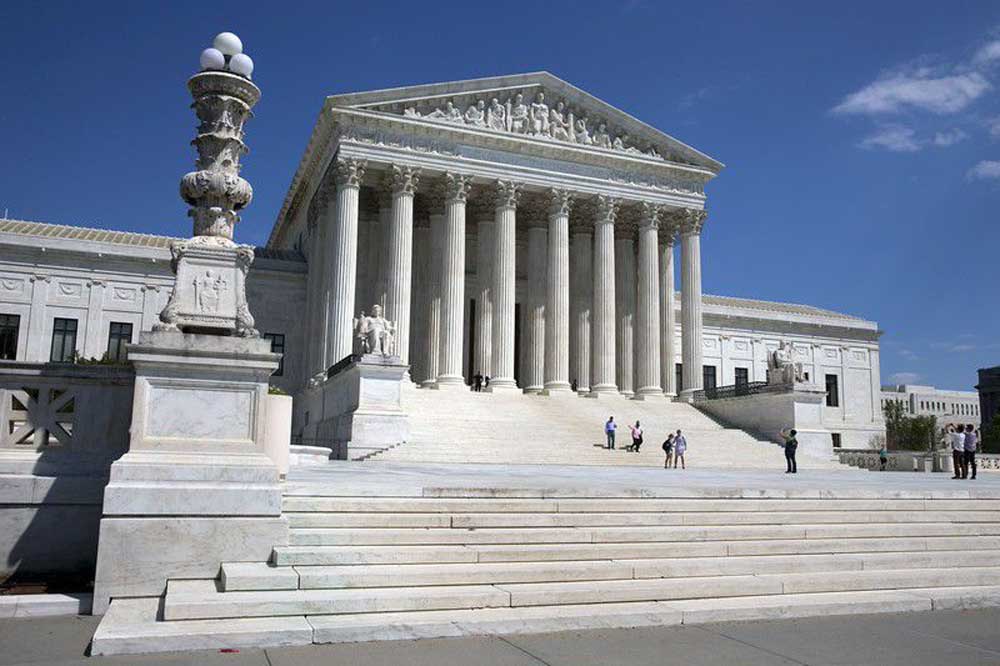New Supreme Court mix bad for business
Published 9:11 pm Wednesday, March 30, 2016

- People walk on the steps of the U.S. Supreme Court in Washington on Saturday April 26, 2014. (AP Photo/Jacquelyn Martin)
In the first glimpse of life after U.S. Supreme Court Justice Antonin Scalia, unions won a big victory when a divided court – voting 4-4 – failed to overturn a lower court ruling that Scalia surely would have sided against.
But there’s good news for the companies and workers who won’t get any relief from forced union dues now.
Trending
You’re always welcome in Texas.
“The Supreme Court on Tuesday handed organized labor a major victory, deadlocking 4 to 4 in a case that had threatened to cripple the ability of public unions to collect fees from workers who chose not to join and did not want to pay for the unions’ collective bargaining activities,” The New York Times reported. “The case was brought by 10 California public schoolteachers. A ruling in their favor would have affected millions of government workers and weakened public-sector unions, which stood to lose fees both from workers who objected to the positions the unions take and from those who simply chose not to join while benefiting from the unions’ efforts on their behalf.”
Without the vote of Justice Scalia, who died last month, the lower court’s ruling stands. Scalia would have sided with the justices who said the First Amendment’s right of free association is also the right not to associate – in other words, it’s unconstitutional to force workers to join a union and pay union dues.
What makes it particularly important, from a First Amendment perspective, is that unions use the dues they collect to support political candidates.
Some workers who are forced to be union members said they disagree with those candidates and political causes.
As Elizabeth Slattery of the Heritage Foundation noted, “At the oral argument in January, (Scalia) expressed skepticism about the legal positions advanced by the state of California and the union, and noted that everything that is collectively bargained for when it comes to government employees is necessarily within the political sphere.”
Trending
But there’s good news. Texas is a “right to work” state, and many other states are following suit.
“Right-to-work laws prohibit an employer and a union from signing a contract that would require workers to be union members,” Heritage explained. Such states “have the most worker freedom, because a worker’s decision whether to join a union or pay union fees is voluntary in both the public and private sectors. (‘Closed shop’) states have the least freedom, because union requirements apply to both government and non-government workers.”
This means Texas is far more attractive to businesses and workers than union states; this is borne out by the state’s low unemployment rate and the constant influx of new companies and new families.
There are other great reasons to come to Texas, but workers who now worry they’ll be forced to join unions and support politics they don’t agree with should know they’ll find freedom here.
By the way, that Supreme Court ruling isn’t the last word on compulsory union dues. The plaintiffs are now free to file a petition for a new hearing because the court was split.






